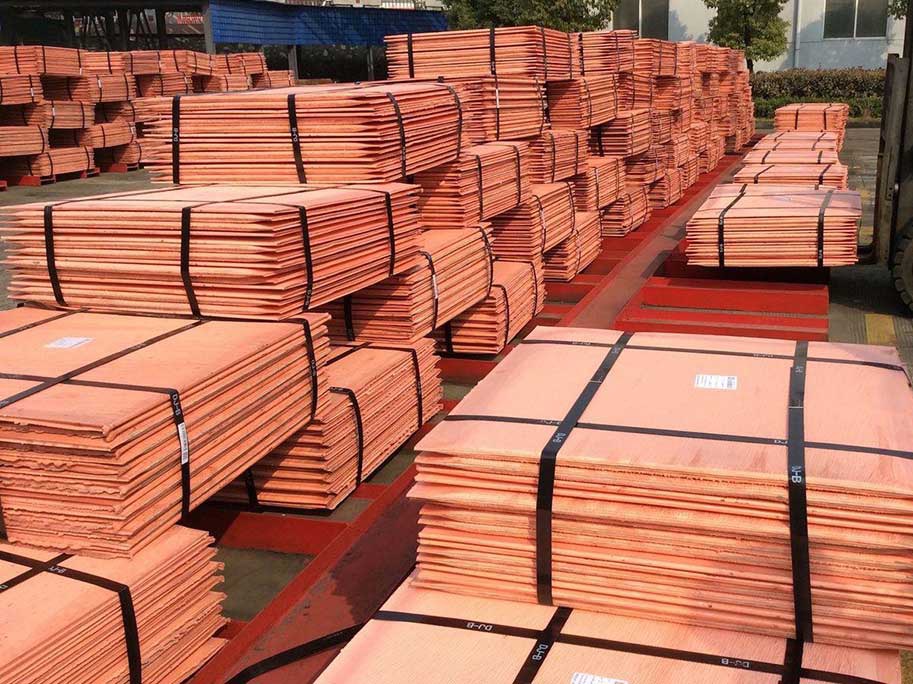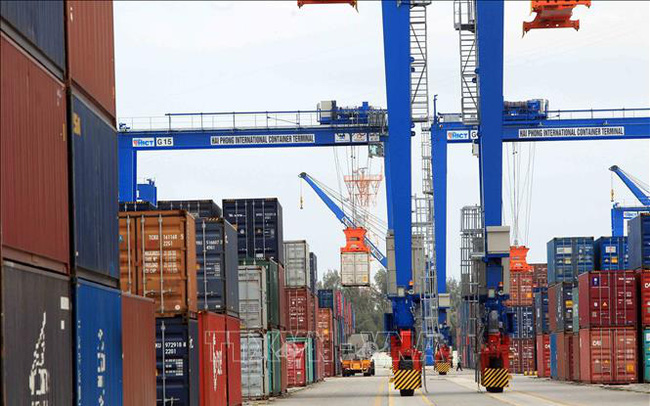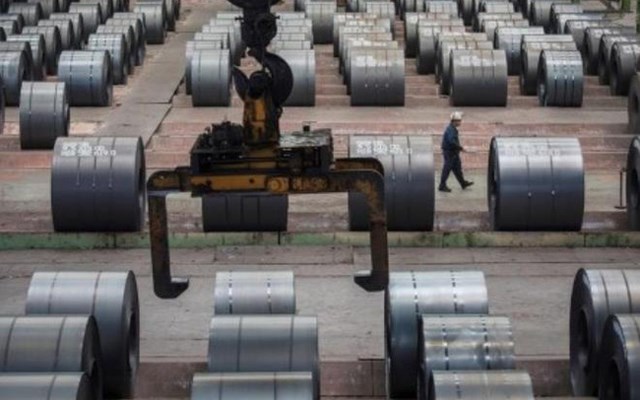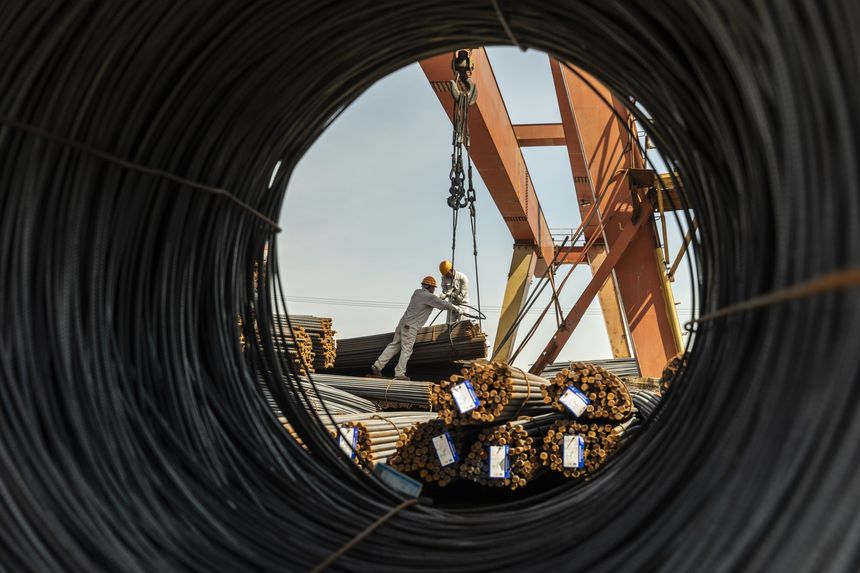China has just detected a few infections carrying the Omicron strain in two major seaport cities. With its zero-tolerance policy on the pandemic, Beijing is likely to blockade these cities, further hindering sea traffic.
Omicron case in a major port city
On January 13, Chinese officials announced that at least one person had been infected with the Omicron variant in the port city of Dalian, with a population of about 7 million. Another person also tested positive, but the variant is unknown.
According to Bloomberg, both are students returning home from Tianjin city for the holidays. By the end of January 12, Tianjin officials had reported at least 137 infections. Currently, many Chinese people are returning to their hometowns to prepare for the Lunar New Year.
Thus, after Tianjin, Dalian has become the second most important port city in China to record the Omicron mutation. The seaports in these two cities are among the 20 largest ports in the world.
In 2020, the ports in Tianjin and Dalian handled about 25 million TEUs in total. In addition, they also serve as major production hubs for foreign companies such as Airbus and Volkswagen.
China detects Omicron infection in two port cities, supply chain is threatened again. (Artwork: Reuters).
Most countries in the world have come to live with the SARS-CoV-2 virus, and countries that have been diligently tracing F0 like Vietnam are gradually transitioning to a new normal.
However, China still persists with the “Zero COVID” strategy. Instead of finding ways to limit the infection to a controllable level, Beijing continued to trace patients, blockade large areas and test millions of people even when only one case of COVID-19 was detected.
The spread of the Omicron variant is bad news for China, especially with just three weeks to go before the opening Winter Olympics in Beijing. Surely the Chinese government will continue to apply extremely strict measures to control the epidemic.
Bad signal for the supply chain
According to maritime experts, due to port congestion near the capital Beijing, ships are heading to Shanghai port, causing increasingly serious congestion there.
The schedule of container ships in Shanghai port is currently delayed by about a week. This shock could spread as far as the US and Europe, Bloomberg quoting maritime experts warned.
Now, the detection of Omicron infections in major port cities like Tianjin and Dalian is also a bad sign for the supply chain, which is still broken. Last year, China blocked at least two major ports, Yantian and Zhoushan – Ningbo to fight the epidemic.
Summary: Yen Khe. Graphics: Alex Chu.
Yantian is a large port located in Shenzhen city, Guangdong province. The port is responsible for more than 30% of Guangdong province’s foreign trade and 25% of China’s exports to the US.
As always, after detecting a number of COVID-19 cases at the end of May, local authorities ordered 5 tests of all 230,000 people living near Diem Dien port; At the same time, any contact between port staff and crew is prohibited, the New York Times reported.
Furthermore, Shenzhen requires port staff to stay at 216 makeshift facilities at the port instead of returning home every day. Therefore, the port of Yantian was congested as a consequence of China’s strict epidemic prevention policy.
Yantian’s story cannot become a lesson for Beijing. By around August, Ningbo – Zhoushan, the world’s third busiest seaport in terms of container volume, also fell into a stalemate after a medical case was detected.
Commenting on China’s “zero tolerance” strategy for COVID-19, CEO Dawn Tiura of the Sourcing Industry Group once emphasized: “Just one positive person is enough for China to close the seaport”.
T&G International Joint Stock Company
Address: 352 Hue Street, Le Dai Hanh Ward, Hai Ba Trung District, Hanoi
Hotline: 0345786803
Email: hrm@tginterjsc.com
Website: http://tginternationaljsc.com





















